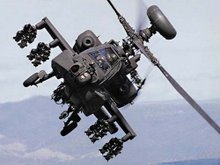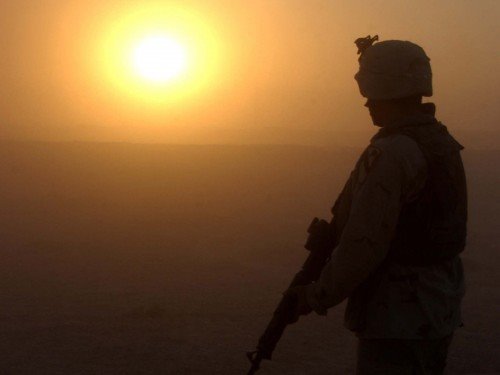Military Defense Lawyer
(Former JAG Attorney) News:
As we continue to digest the implications of United
States v. Vargas for the military justice system, particularly in alleged
rape and sexual assault cases (UCMJ Article 120), I have been passively
following the case of United States v. Barry. It’s just another in the growing line of
cases that end with my head in my hands.
Here is the CAAFlog page for that case:
For anyone who clings to the belief that the post-2012
changes to the military justice system and pressure brought by misguided,
ill-intentioned, ill-informed, or ignorant members of our Government, Overzealous
Victim Advocates, Military Authorities, and the Press have been good for a system
of “JUSTICE,” you should familiarize yourself with the Barry case. In this case, doing what was best politically
for the Navy was chosen instead of doing what was right for the military
justice system and for the accused sailor.
Then, the mess went up on appeal…
[*RADM Lorge was the GCMCA in this case.]
• The DuBay judge found that “RADM Lorge believed [at
the time of his final action], and continues to believe, the appellant’s guilt
was not proven beyond a reasonable doubt at his court-martial.”
• RADM Lorge made the following statement in a sworn
declaration: “I believed then, and I believe now, that I should have
disapproved the findings[.]”
• In response to a question about his meeting with
VADM Crawford on April 30, 2015, RADM Lorge testified as follows: “The real
question I had . . . was, you know, disapproving a sexual assault case, you
know, is that going to bring big scrutiny upon the Navy. And he told me yeah.”
• A “week or two” after the meeting, RADM Lorge’s
Staff Judge Advocate (SJA) suggested putting novel language in his final action
to communicate RADM Lorge’s concerns about SOCS Barry’s case. As RADM Lorge recalled, the purpose of this
language was to trigger action from an appellate court. “[T]he appellate court
is going to realize that [convening authority’s] don’t do that, and they need
to take a look at this, and they should probably overturn it . . . They can
make political decisions; you really can’t.”
• The DuBay judge found that at some point after the SJA’s
“advice, and prior to taking action, RADM Lorge then had a telephone call with
VADM Crawford to discuss the proposed plan for action, i.e., putting language
in the action that would communicate RADM Lorge’s reservations about the case.” RADM Lorge “c[a]me away from the telephone
call believing his proposed plan was the best he could do in the appellant’s
case.”
• The sole purpose of the phone call was to discuss SOCS Barry’s
case.
• RADM Lorge testified the he recalled asking during the phone
call whether “some extra stuff in my [convening authority’s] action would do
something[.]”21 And VADM Crawford’s advice was to “trusting [sic] this and this
will--this will work out for Senior Barry.”
• In response to the following question from the government: “Did
Admiral Crawford advise you on your legal options in this case?” RADM Lorge
responded: “I believe so.”
• In response to the following question from the government: “Did
Admiral Crawford try to convince you to approve the findings in this case?”
RADM Lorge responded: “I think he did with how he spoke with me on the phone.”
• “RADM Lorge does believe that pressure was placed on him by
senior military leaders.”
• RADM Lorge expressed to his Public Affairs Officer that he
believed “the Navy” “wanted to get tough on sexual assaults, justice be damned[.]”
• “RADM Lorge did not take the action he wanted to take in this
case[.]”
• “[B]ased on comments by VADM DeRenzi (unrelated to the case at
hand), comments by VADM Crawford (related to the case at hand), and confusing
and difficult advice from his SJA at the time, RADM Lorge felt compelled to
take the action taken in appellant’s case.”
• “RADM Lorge was influenced by conversations with senior military
leaders; specifically VADM DeRenzi and VADM Crawford when taking action in this
case.”
• “Actual or apparent unlawful command influence tainted the final
action in this case.”
• “[T]he final action taken in this case is unfortunate as it does
not engender confidence in the processing of this case or the military justice
system as a whole.”
How do
we just keep going with a system so susceptible to those who want to ensure the
system is unfair? We have to keep
fighting these systemic changes and these cases until something gives. Something has to give...
By: Attorney Richard V.
Stevens
Civilian criminal defense lawyer and military defense lawyer
Military Defense Law Offices of Richard V. Stevens, P.C.
http://www.militaryadvocate.com
Civilian criminal defense lawyer and military defense lawyer
Military Defense Law Offices of Richard V. Stevens, P.C.
http://www.militaryadvocate.com


























No comments:
Post a Comment